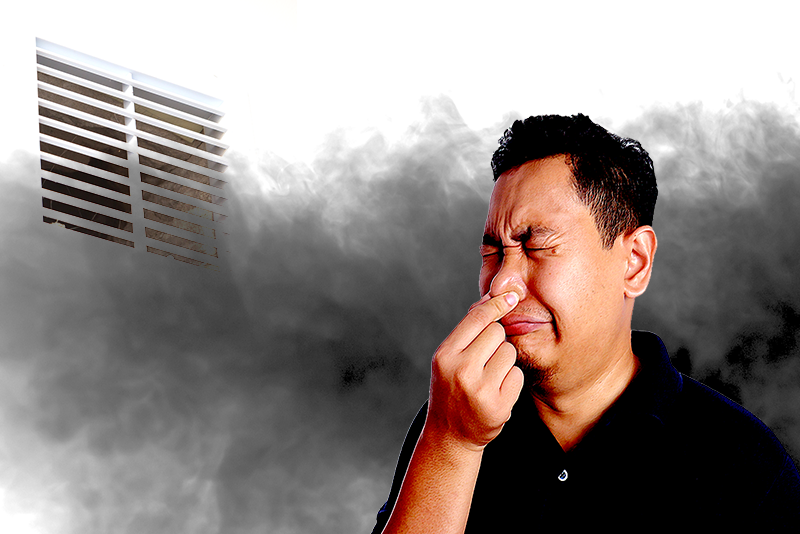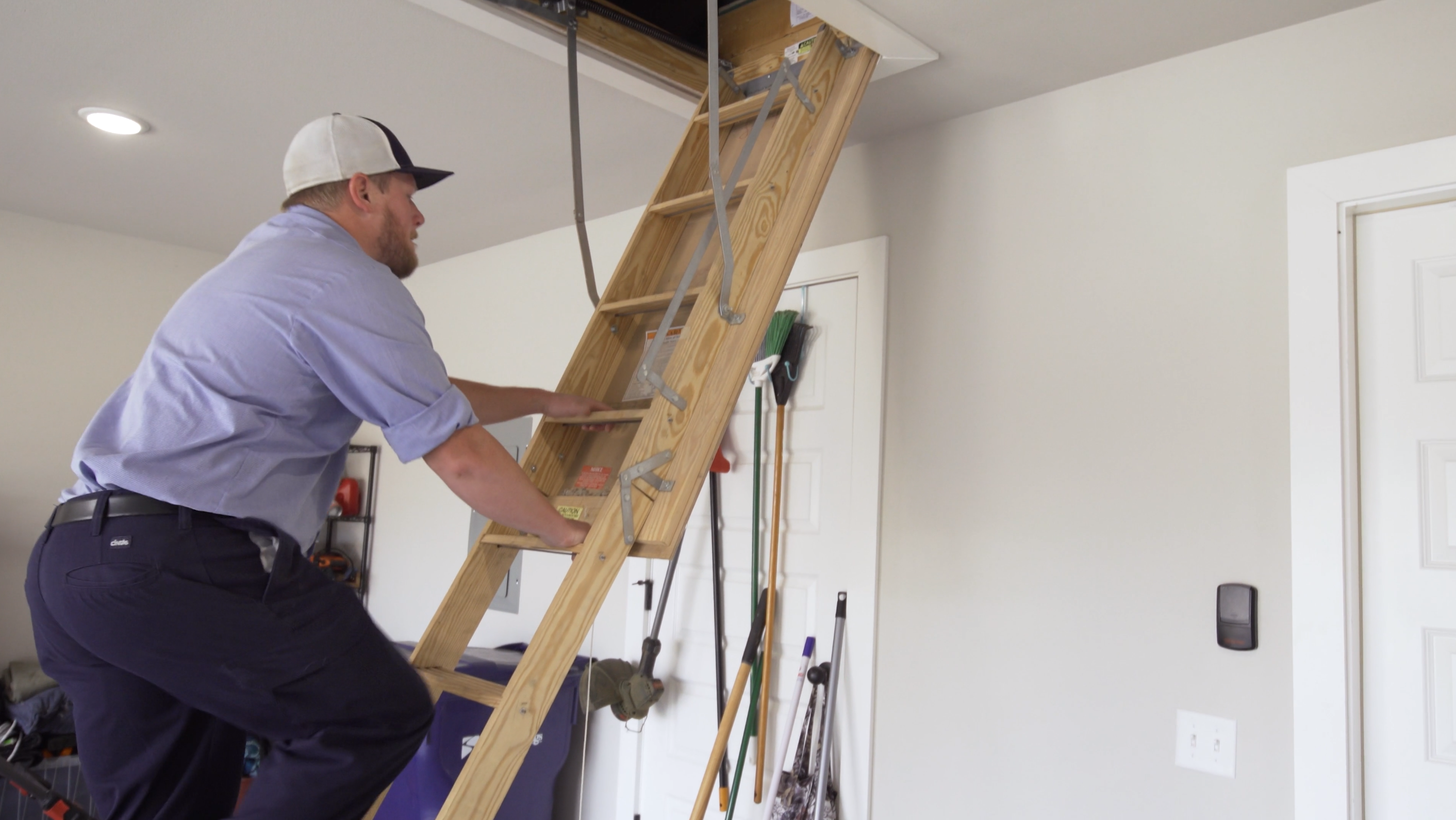Want to save with Paschal? Don’t miss our current offers and specials

Want to save with Paschal? Don’t miss our current offers and specials
Return to Paschal Resource & Education Hub

When your heater smells like burning, it can be alarming. Sometimes the smell is harmless and short-lived, but other times it signals overheating, an electrical problem, or a foreign object in the system. This guide gives clear safety steps, the most common causes, straightforward homeowner checks, and prevention tips so you can act fast and safely.
Turn the heater off at the thermostat.
If you smell rotten eggs or any strong gas odor, leave the building immediately and call 911 or your gas utility from a safe location. Utilities advise evacuating and avoiding anything that could spark.
If you see smoke or flames, evacuate and call 911.
If there is no gas smell and no smoke, ventilate a little by opening a window, then follow the homeowner checklist below.

If the heater has been idle for months, dust and light debris accumulate on the heat exchanger, burners, and blower. When you run the system for the first time, the dust can burn off and cause a dusty burning smell that usually fades within minutes to an hour. This is a common, temporary issue on first startup.
A clogged filter restricts airflow. Restricted airflow can cause internal parts to overheat and create a burning or musty odor. Replacing the filter often eliminates the smell and prevents further strain on the system. Experts recommend checking or replacing filters every 1-3 months, depending on use and filter type.
A failing blower motor or worn bearings may overheat and produce an electrical or metallic burning smell. Unusual noises often accompany this symptom. Motor overheating can trigger safety shutdowns. A technician should inspect motor components and bearings.
A sharp, acrid, or plastic-like burning odor can indicate melting wire insulation or a failing electrical component. This is a serious safety issue that can lead to fires. If you detect an electrical burning smell, shut the heater down and call for professional service right away.
Toys, plastic pieces, or debris can get into registers or ductwork and melt when heated, producing plastic or rubber burning smells. If you can safely locate and remove the object from the vent, do so. If you cannot find it or the smell continues, shut the system off and call for service. Charlotte Comfort Systems
Oily or chemical odors near the furnace can indicate fuel leaks or spilled liquids. Treat these as potentially hazardous and get a trained technician to inspect the system immediately. PGA Inc.

Only follow these steps if you do not smell gas and there is no visible smoke:
Turn the heater off and wait 10 minutes. Turn it back on and note whether the smell returns.
Replace the air filter if it looks dirty. Re-test the system. Filterbuy
Check vents and registers for foreign objects or heavy dust and vacuum them.
Look for scorch marks, melted wiring, or oil stains near the unit – if you find any, turn the system off and call for professional help.
Listen for abnormal noises such as grinding, squealing, or a humming motor – pair that with a burning smell and call for service.
If the smell is acrid, chemical, or electrical in nature, shut the system down and call for professional help.
A professional inspection typically includes:
Heat exchanger and burner inspection for safety issues.
Electrical checks, including wiring, control board, and motor condition.
Filter and blower motor inspection.
Duct and vent inspection for foreign objects or debris.
Gas leak testing is required if the system uses natural gas.
A technician will explain whether the cause is a simple cleaning or filter change, or a safety-critical repair that needs immediate attention.
Replace filters every 1-3 months, more often with pets or heavy dust. The Spruce
Schedule an annual heating tune-up before the season starts.
Keep the furnace area clear of storage and flammable materials.
Seal duct connections and keep outdoor intakes free of nests and leaves.
Install and test carbon monoxide detectors on every level with fuel-burning appliances.
Regular maintenance prevents most avoidable odors and keeps equipment running safely and efficiently.
{
“@context”: “https://schema.org”,
“@type”: “FAQPage”,
“mainEntity”: [
{
“@type”: “Question”,
“name”: “Is a burning smell when I turn the heater on normal?”,
“acceptedAnswer”: {
“@type”: “Answer”,
“text”: “A short-lived dusty burning smell on first startup is common and usually fades within an hour. If the smell persists or is sharp or chemical, shut the system off and call us.”
}
},
{
“@type”: “Question”,
“name”: “Can a dirty filter make my heater smell like it is burning?”,
“acceptedAnswer”: {
“@type”: “Answer”,
“text”: “Yes. A clogged filter restricts airflow and can cause overheating and burning smells. Replace the filter and recheck the system. If the odor continues, call us.”
}
},
{
“@type”: “Question”,
“name”: “What should I do if I smell gas?”,
“acceptedAnswer”: {
“@type”: “Answer”,
“text”: “Leave the building immediately, avoid anything that could spark, and call 911 or your gas utility from a safe location. After evacuating, call us for service.”
}
}
]
}